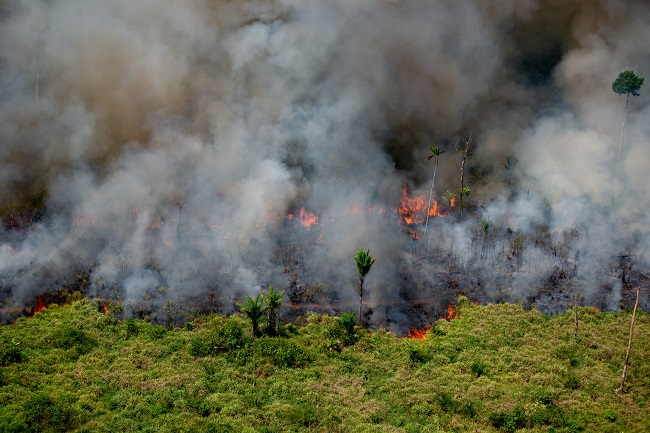2000 The Cyanide Spill in Romania: More than 34 million gallons of cyanide are discharged into the Lupes, Somes, Tisza, and Danube Rivers by the Romanian gold mine Baia Mare. The spill obliterates aquatic and plant life for miles, affecting local fishing industries and preventing Serbian, Hungarian, Romanian, and Bulgarian citizens for several months from accessing clean drinking water.
Hungary filed a lawsuit against Aurul, a mining company that was a joint venture between Australia and Romania, in 2001 for approximately $200 million in fisheries damages. A few months after the incident, mining resumes.

However, in 2005, an EU judge bans mining on 85% of the site while an investigation is ongoing. Numerous attempts to outlaw the use of cyanide in mining in Romania have been unsuccessful. The European Parliament proposes a ban on the use of cyanide in mining throughout the EU in 2010, but the European Commission never puts the ban into effect [PDF].
Read Also:
- Teen Emma Raducanu Continues Run With Rout of Shelby Rogers
- IDA Could be Devastating Cat 3 Hurricane Near New Orleans
- All My Friends Are Going to be Strangers
2006 Dumping of Toxic Waste in Ivory Coast
The 400 tonnes of hazardous waste, including caustic soda and petroleum residue, are transported from Amsterdam to Abidjan by the Dutch oil trader Trafigura and dumped there. The dumping of waste has been linked to seventeen fatalities and up to 100,000 cases of illness.
Trafigura blames a subcontractor for the incident and denies any wrongdoing [PDF]. The company consents to pay the Ivorian government $195 million in 2007 for cleanup and victim compensation. It pays another $45 million in 2009 to 35,000 victims who filed a lawsuit against the business in a British court, but it still maintains its innocence.
Deepwater Oil Spill of 2010
Eleven people are killed and there is a nearly five million barrel oil spill as a result of an explosion on a BP oil rig in the Gulf of Mexico while it was drilling in more than a mile of water. The spill, which lasts for almost three months and damages beaches, wildlife, fisheries, and tourism to the tune of $17.2 billion, is difficult for American authorities to control.
President Barack Obama’s administration exerts pressure on BP to create a $20 billion fund to cover damages and cleanup costs. Additionally, it establishes a commission to investigate the spill and bans deepwater oil drilling for six months.
The administration imposes new drilling regulations in response to the commission’s recommendations, though many of these are later repealed by the Donald J. Trump administration.
The 2019–2020 Amazon Fires
Record-breaking wildfires in Brazil’s Amazon Rainforest bring attention to growing worries about deforestation and Amazon development. There, fires are frequently purposefully started for agricultural purposes, but they occasionally spread outside of their intended confines.
With over 80,000 fires reported and more than three million hectares burned, an area larger than the state of Massachusetts, the wildfires in 2019 and 2020 are particularly severe. Jair Bolsonaro, the president of Brazil, initially rejects international aid but later accepts $12 million from the United Kingdom, which critics claim he has permitted increased deforestation.
Read Also:
- Why Is The Super Bowl Ball So Dark
- Which Line From Utopia is an Example of an Anecdote
- Keisha Lance Bottoms its Time to Pass the Baton
According to many experts, the beef and soy industries are largely to blame for deforestation; some estimates place the percentage of rainforest loss at up to 80% due to cattle ranching. The largest meat processor in the world, Brazilian conglomerate JBS S.A., promises to change how it purchases cattle after investigations link some of its suppliers to illegal deforestation.
















